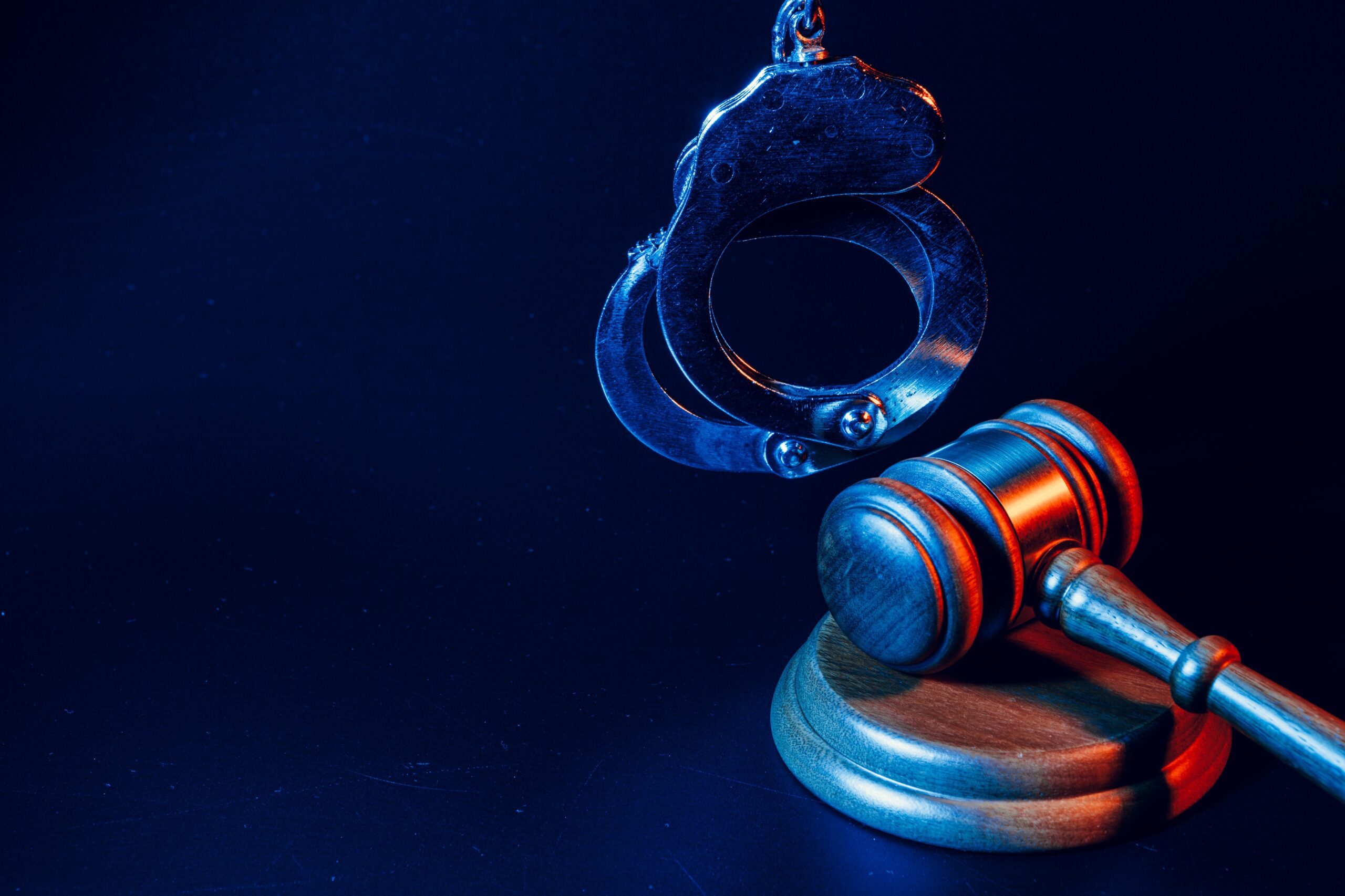The criminal justice field offers diverse and challenging opportunities for those seeking a law and…
What to Know Before Stepping Into a Criminal Justice Role – Guest Post

Ever watched a crime show and thought, “I could do that”? You’re not alone. TV makes justice work look fast and thrilling, but real life is more complex. The field isn’t just about arrests or court victories—it includes law enforcement, legal work, corrections, and everything in between.
Today, more eyes are on the system than ever. Ongoing debates about fairness, reform, and public trust have brought justice work into the spotlight. Stepping into this field means stepping into a high-pressure space built on responsibility and real impact.
In this blog, we will share what you need to know before beginning a career in criminal justice, including the realities behind the headlines, the skills that matter most, and why preparation goes far beyond learning the rules.
The Job Is Bigger Than You Think
It’s easy to imagine this field as all action—sirens, confessions, and courtroom drama. But most of the work happens in quieter moments. It’s about writing, listening, de-escalating, and paying attention to detail.
This goes beyond policing. Probation officers, analysts, clerks, and others face the same demands. You’ll need patience, clear communication, and the ability to stay calm under pressure. And with today’s constant public scrutiny, every action is more visible than ever. That visibility brings challenges—but also a push toward greater fairness and accountability.
This is where education comes in. A criminal justice degree online can help people step into the field with a deeper understanding of what’s at stake. It’s not just about learning legal terms or understanding policy. It’s about seeing how the whole system fits together. From law enforcement to courts to community support, the degree helps students see the big picture.
And because it’s online, it offers flexibility. Students can learn while working, parenting, or managing other responsibilities. The structure mirrors real-life balance. It allows students to absorb lessons and apply them right away—whether in an internship, a job, or a community project. That kind of preparation makes a difference. It builds confidence, insight, and the ability to adapt when things don’t go as planned.
Understanding the Stakes
This isn’t just a career—it’s a public service. That means you’ll work with people in crisis, people at risk, and people at their lowest points. It can be incredibly rewarding. It can also wear you down if you’re not prepared for the emotional weight.
You’ll meet people who have made bad choices, but also people who’ve been let down by broken systems. Poverty, addiction, lack of education—all these issues show up in courtrooms and case files. If you’re the kind of person who wants simple answers, this field will challenge you. The problems aren’t always easy to solve. The people involved aren’t always easy to understand.
But that’s also what makes the work meaningful. When done right, criminal justice isn’t just about rules—it’s about dignity. It’s about keeping people safe while also treating them with humanity. And that balance takes practice, training, and a lot of humility.
Right now, the justice system is being pushed to improve. Bail reform, sentencing laws, police training—these issues are being debated across the country. If you step into the field, you won’t just be observing change. You’ll be part of it.
It’s a Team Sport, Not a Solo Mission
Forget the lone-wolf detective trope. Real justice work is all about teamwork. You’ll rely on others constantly—dispatchers, legal staff, fellow officers, mental health experts. You won’t succeed without collaboration, communication, and trust.
That also means you’ll see flaws up close. Systems get bogged down. Mistakes get made. Sometimes things feel more frustrating than fair. The key is to speak up when you see gaps—and to listen when others point them out. Respect in this field is earned by how well you handle those moments, not how much you know.
And while some people thrive in high-energy roles, others do better in support positions. Both are vital. Whether you’re analyzing data or helping someone through probation, your role contributes to a larger goal. Justice isn’t just what happens in court—it’s built every day in offices, on streets, and in homes.
You’ll Need Skills That Go Beyond the Job Description
Soft skills are often underrated in this field, but they’re essential. You’ll need to communicate clearly, write well, manage your time, and stay organized under pressure. You’ll also need strong ethics. Not just knowing right from wrong—but standing up for it when it counts.
Problem-solving is huge here. Whether you’re faced with a tricky legal issue or a tense interaction, thinking calmly and creatively matters. So does empathy. You don’t have to agree with everyone you meet. But you do need to treat them like people, not problems.
The best workers in this field are often the ones who listen more than they talk. They know when to ask for help and when to push for change. They bring discipline to their work—but also heart.
The System Is Evolving—And So Should You
A career in criminal justice used to follow a predictable path. Graduate, get hired, stay in the role for 20 years. Not anymore. Today’s professionals often shift roles, get further education, and move between departments or sectors.
That’s a good thing. It shows that the field is growing, and that there’s room to shape your path. Whether you want to work in local policing, federal investigation, nonprofit reform, or policy development, there are more choices now than ever.
But that also means staying flexible. Laws change. Tools change. Public opinion changes. If you want to make a lasting impact, you’ll need to keep learning. You’ll need to stay aware of the culture you work in—and the people you serve.
The justice system doesn’t exist in a vacuum. It reflects the world around it. That means the most successful professionals are the ones who engage with that world—not hide from it.
The bottom line? Stepping into a criminal justice role is a big decision. It comes with responsibility, visibility, and the chance to make a difference. It also requires thick skin, clear values, and a willingness to grow.
If you want a job that matters, one where your actions have real impact, this field has a place for you. But walk in with open eyes. Know that the path won’t always be easy. The system is imperfect. The work can be messy. But when done with care, it’s work that matters.
You won’t fix everything on your own. But you’ll be part of something bigger than yourself. And that’s a powerful place to begin.

